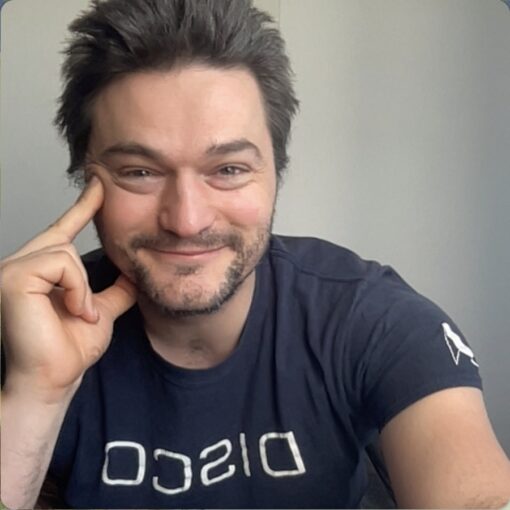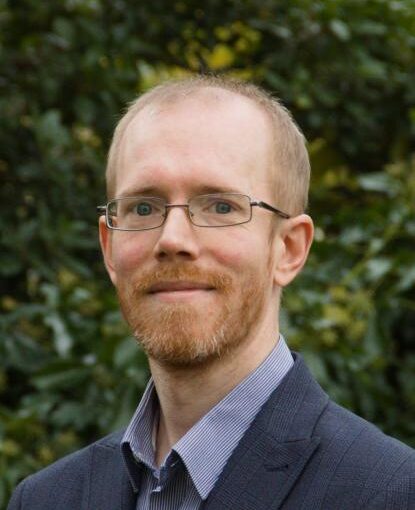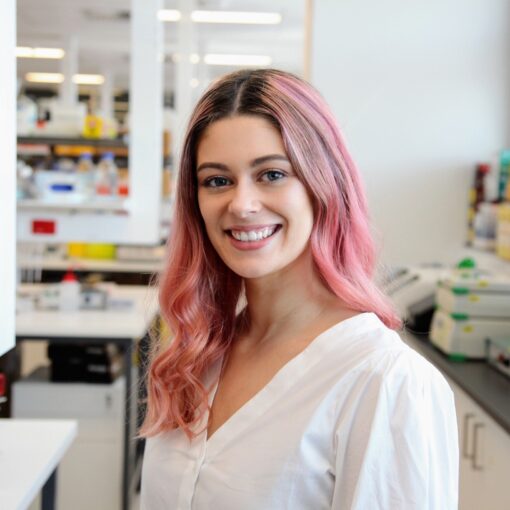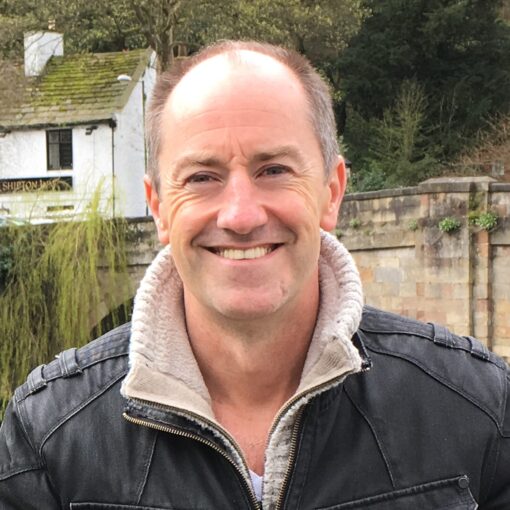PhD in Biochemistry, University College London, 2018
| Senior Business Analyst | |
|---|---|
| Lifescience Dynamics | |
Year entered into a non-academic position: 2019
Job highlight: Working directly with pharma giants involved in the biggest crisis of our time, COVID-19. And our epic Christmas parties!
My research training set me up to…: think critically and widely, engaging all facets of the information available to generate key insights. I developed problem-solving skills and strong attention to detail, good understanding of life sciences and healthcare acumen, which lends well to the ability to absorb clinical information from a wide variety of diseases and therapy areas.
Left academia after: PhD
What’s your background?
I have a PhD in Biochemistry, during which I worked on developing a novel therapy for drug-resistant epilepsy at UCL’s Institute of Child Health, alongside researchers at Great Ormond Street Hospital and Vitaflo International. Prior to that, I studied Medical Biochemistry for my undergrad, and undertook a year-long research project for my Master’s where I looked into the potential neuroprotective effects of an epilepsy drug, called valproic acid, in neuronal cells.
Why did you move away from academia?
The lack of security and limited opportunities in my field of research meant that moving away from academia became a more sensible option as time moved on.
Is there anything you miss about academia?
The autonomy and intellectual stimulation, the ability to explore questions and find solutions to them, and the fulfilling feeling of knowing that my research could help patients one day.
How did you get this job? Did you face any challenges when considering a move away from academia or applying for the role?
One of the biggest challenges in moving away from academia was not quite having the experience that a lot of employers required, especially for more pharmaceutical-focused roles. However, I found the job listing online and it seemed that it specifically valued candidates with a PhD. I also noticed that a previous colleague of mine was employed at this company. After chatting to him about the company itself and what the role could entail, I decided it was worth applying and seeing where it might take me.
What motivated you to/why did you choose the sector you transitioned into?
Consulting seemed like a natural step away from academia, particularly with the overlap in transferable skills, especially the critical thinking and problem solving. It also provides the opportunity to stay up-to-date with current issues, particularly in the pharmaceutical and healthcare industries.
Did you think you had the skills required for your current position before you started? Were you right?
Yes, I felt pretty confident overall. I enjoyed my PhD and felt it equipped me well for any intellectual challenges that other roles might throw at me.
Having spent more than 1.5 years in this role now, I still believe it positioned me well. A PhD doesn’t just provide you with research experience – it also shapes your thinking and perspectives of the world.
How did your PhD prepare you for your current job? For example, what were the transferable skills that you developed during your PhD that are most relevant to your current job?
Key transferable skills include problem solving, data analysis, critical thinking, generating insights from large piles of information, being able to sift through technical data and research publications quickly, knowing how to write well and presenting complex information, good PowerPoint and Word skills etc. The list is endless.
Did you have any preconceptions about your sector that proved to be wrong?
Big pharma can seem like an ominous monolithic entity united under one agenda from the outside, but it’s vast, complex and multifaceted.
Can you describe a typical week in your job?
My week can vary, often depending on what commitments I have across my various projects. I work on several projects at a time, roughly 4-5 in a given period. Each project can entail multiple workstreams: it can include daily monitoring of the clinical and competitive landscape, writing alerts on big updates that are key to our clients, writing reports, covering conferences and investor calls, and presenting our work to our clients. Occasionally, I may be involved in working on requests for proposals from prospective clients, as well as other internal initiatives geared towards improving work processes or business development opportunities. Basically, every week is a busy week.
What is the workplace culture like? Please include comments on work-life balance, flexibility, remote working?
Everyone in the company is committed to delivering top-notch work to all our clients, so we often work incredibly hard and seamlessly across multiple teams, although this can often mean very long hours, especially during busy quarters. Prior to the pandemic, our flexible working policy allowed employees to work from home once a week. Since the pandemic kicked off in March 2020, the company has been working remotely, but the option to work in our offices remains open to those who prefer to do so or don’t have the space to work at home. Being able to work from home has had a generally positive impact on my work life balance, as the time I would normally spend commuting can now be spent with family and friends.
Do people with a PhD frequently get hired in the company/sector?
At Lifescience Dynamics, the vast majority of the company has a PhD under their belt! The company highly values the experiences and skills that PhDs provide.
What are your favourite parts of your job?
Learning about the novel drugs and treatments out there that have the potential to change people’s lives.
Having the opportunity to work in lots of different therapy areas with multiple clients, and to try out lots of different practices, like market research, competitive intelligence and market access.
What are your reflections on your career path?
It’s been an interesting ride so far, but I think I still have much to learn!
Do you have any advice for current graduate students and postdocs considering a career outside of academia?
It’s worth doing the research, no pun intended, into the types of roles and industries that you can transition to. A PhD is highly transferable, so don’t let your biases or social perceptions get in the way of seeing the extensive skills that you already have.
Speak to people, friends, colleagues, who have also left academia to get a flavour of their experiences. Network! And don’t be afraid to apply.
What do you know now that you wish you’d known when exploring a transition?
I probably should have decided sooner that I wanted to move away from academia and applied sooner rather than later. Networking and understanding the space a bit more comprehensively would have been valuable too.
Can you recommend any relevant resources, organisations or events that might help somebody new to the sector find out more about it?
Check your university careers centre for any consulting-specific events, these may help introduce you to names outside the typical “Big 4”.
Lifescience Dynamics has a stellar reputation for high quality work and impeccable ethics; we provide actionable insight and foresight to our clients across the globe, whilst maintaining the highest standards of moral integrity. Our 80-strong team is currently spread across five offices: London (HQ), Toronto, Boston, New York and San Francisco, with strategic partners in Latin America and Asia.
With so few blockbuster drugs on the horizon and many key disease areas well served by generics, innovation in the pharmaceutical market now focuses on precision and targeted medicine including biologics, regenerative and gene therapies. In these difficult times, pharmaceutical and biotech clients require a trusted partner for decision support, and it is here that Lifescience Dynamics is second-to-none.
We recruit almost exclusively for those with PhDs as the research experience is crucial to the work we do. The majority of our consulting team is comprised of those with PhDs, with a smaller portion holding Masters or MBAs. The in-depth knowledge of your life science subject area and the research skills gained during a PhD are massively beneficial for the research, critical thinking and analysis conducted by our consulting team on a daily basis. Our Business Analyst position provides a strong foundation and introduction into the world of consulting, and it is designed to support your transition from academia. From there, opportunities for learning and growth within the company are abundant.
For more information please visit: https://www.lifesciencedynamics.com/






